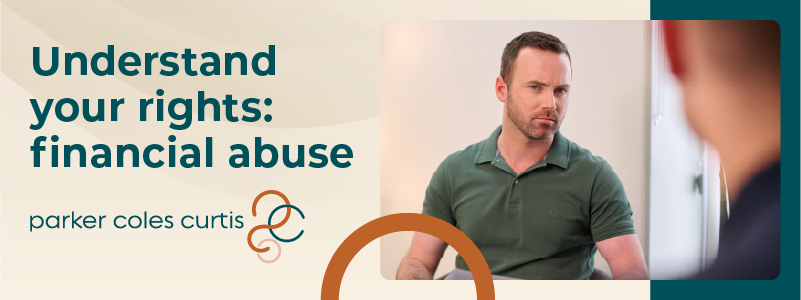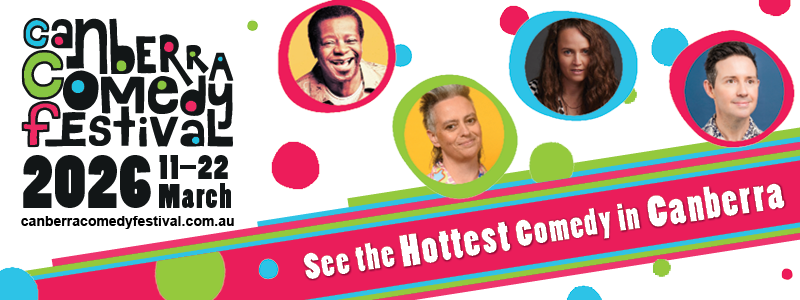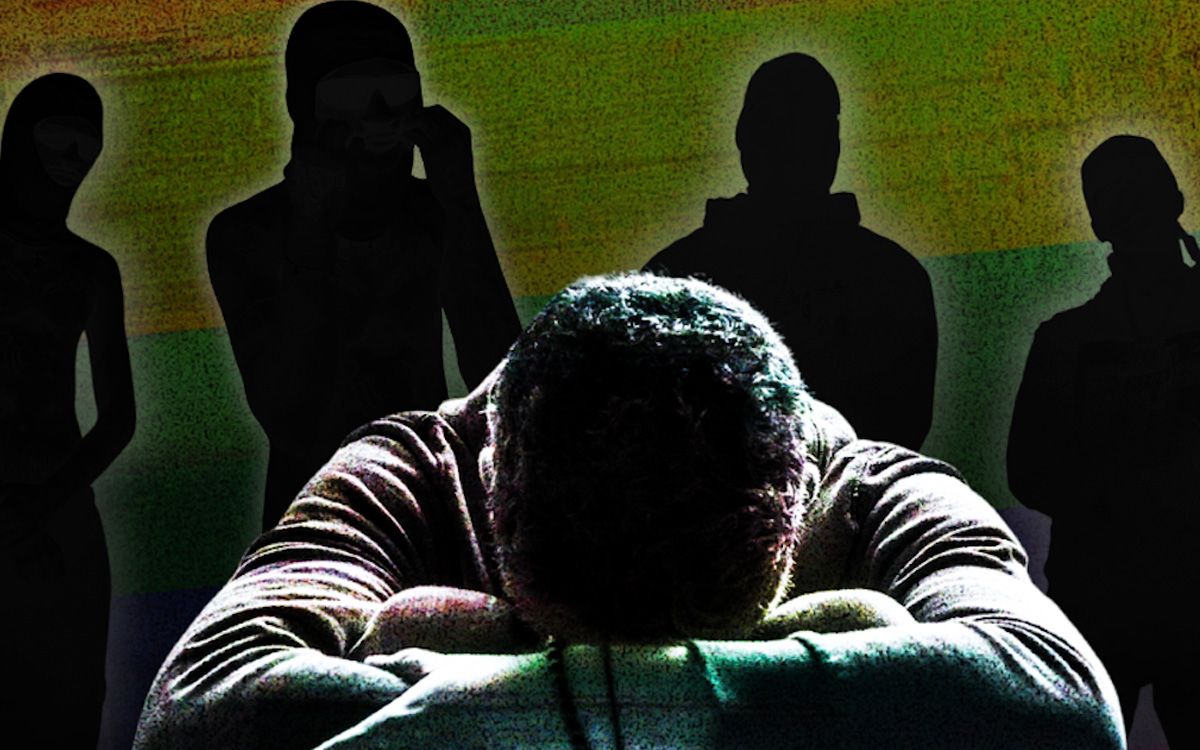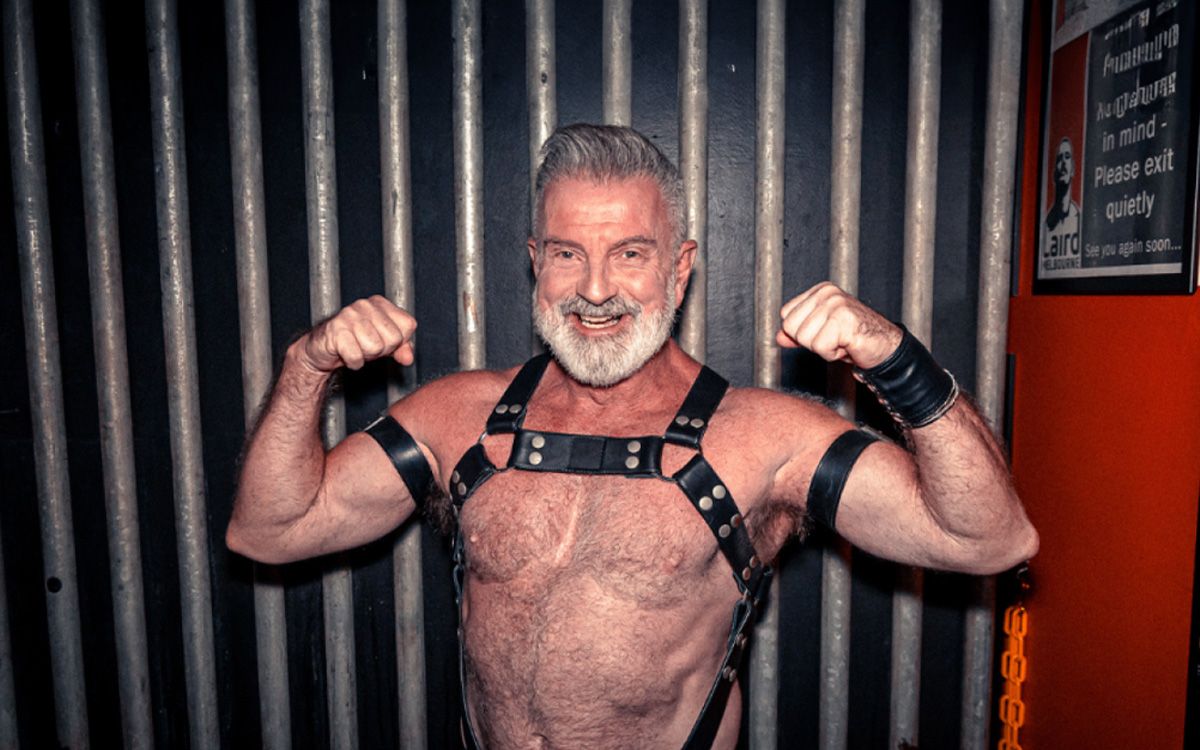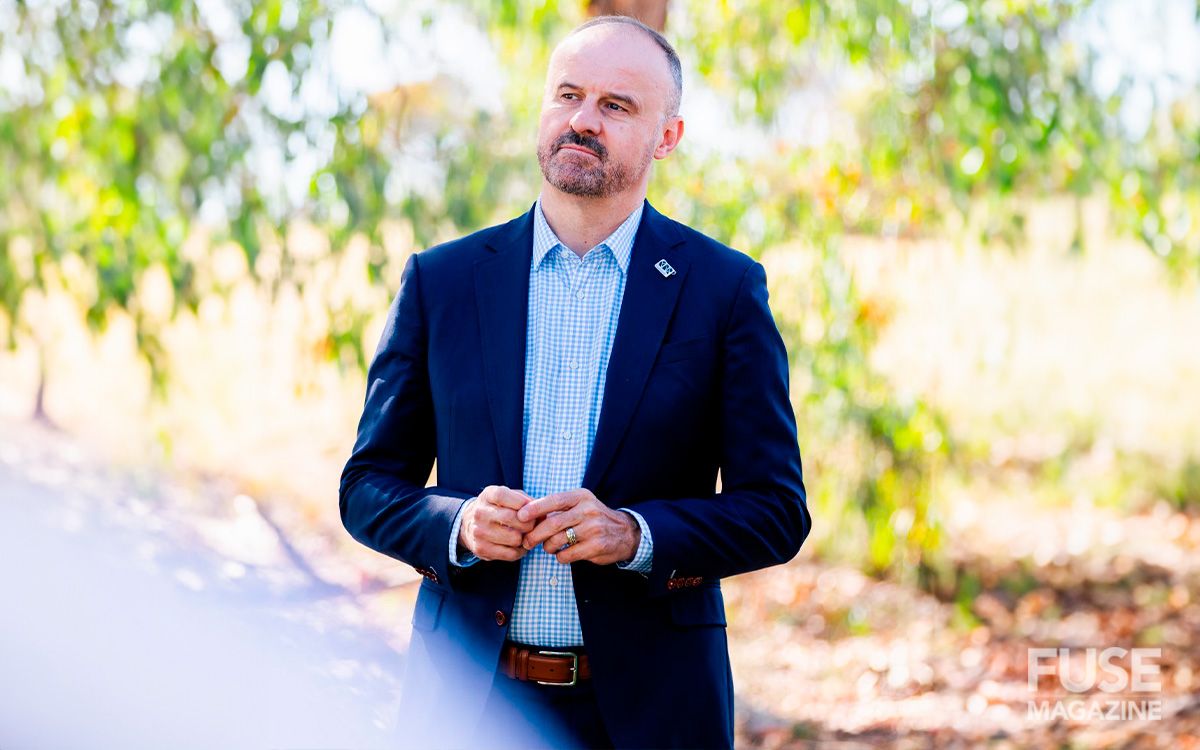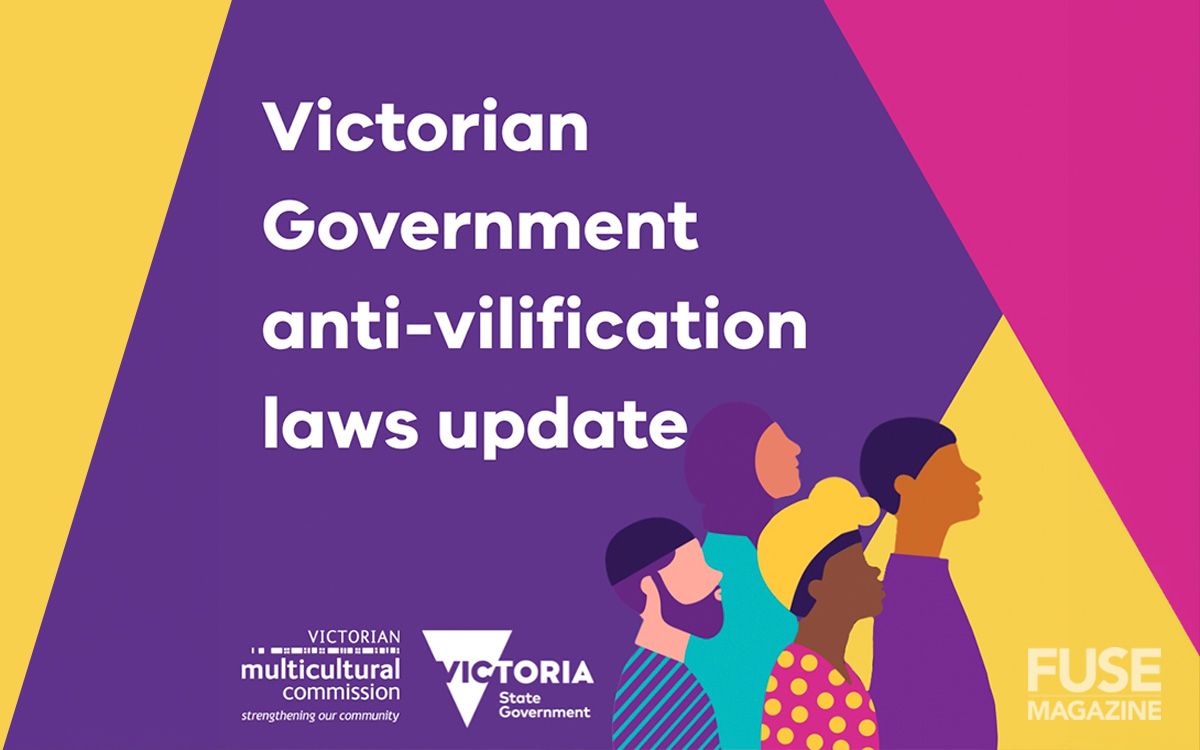Protests forces council to overturn book ban

After heated debate and public protests, Cumberland City Council in Western Sydney has reversed a controversial ban on same-sex parenting books in its libraries. The decision was made with 12 votes in favor and two against, following four hours of intense discussion.
Outside the council chambers, protesters clashed, with shouts of "go back to Newtown" and "leave our kids alone" from one side and "bigots are not welcome here" from the other.
During the Council meeting, several attendees were ejected for heckling. A man wearing a crucifix yelled, "God made Adam and Eve, not Adam and Steve," and was escorted out after shaking hands with Councillor Steve Christou, who had initiated the ban.
Caroline Staples, a local grandmother, presented a petition with over 42,000 signatures against the ban, saying, "The destruction and censoring of libraries is a weapon of war," and calling for "elementary kindness."
Councillor Mohamad Hussein, who initially supported the ban due to his religious beliefs, ultimately voted to rescind it, stating, "This is not a war on you guys, and this is not a war on myself."
Auburn ward Councillor Sabrin Farooqui argued for rescinding the ban, highlighting Australia's secular nature: "I can't enforce my belief on someone else."
Councillors Christou and Paul Garrard attempted to move the children's book "Same-Sex Parents" to the adult section, but their motions were defeated. The initial ban was passed narrowly in a previous meeting, where Cr Christou claimed the book was inappropriate despite admitting he hadn't read it.
NSW Arts Minister John Graham warned that the ban could affect funding, noting it violated guidelines under the Library Act 1939, which protects freedom of access to information.
Damien Nguyen, a local attendee, criticised the "extremely homophobic behaviour" and noted, "Members of our community have always lived here, we are queer and we are all here."
Leaders from both sides of state politics condemned the ban. Premier Chris Minns called it a "joke," and Opposition Leader Mark Speakman compared it to actions in totalitarian countries, emphasising that in a liberal democracy, "people generally should be free to read what they choose."


